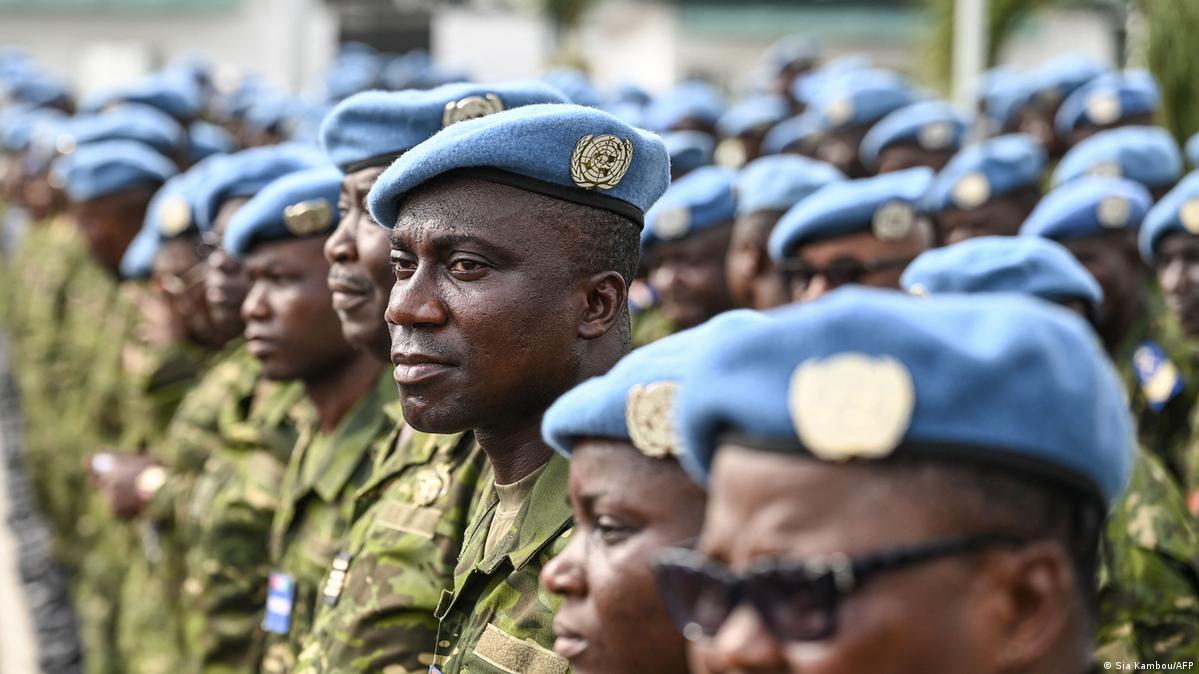A decade-long United Nations peacekeeping mission in Mali is set to end on June 30, diplomats said on Tuesday, ahead of a Security Council vote on a draft resolution – seen by Reuters – that will give the 13,000-strong operation six months to withdraw.
The planned end of the MINUSMA mission follows years of tensions between the U.N. and Mali’s military junta that came to a head this month when Mali Foreign Minister Abdoulaye Diop asked the force to leave “without delay”.
It would mean an abrupt halt to an operation that has been hobbled by government restrictions since Mali teamed up with Russia’s Wagner mercenary group in 2021. The U.N. mission is credited with playing a vital role in protecting civilians against an Islamist insurgency that has killed thousands.
Some experts fear the security situation could worsen when the mission departs, leaving Mali’s under-equipped army alone with about 1,000 Wagner fighters to combat militants who control swaths of territory in the desert north and centre.
Wagner’s operations have also been under question, after the group staged an aborted mutiny at home in Russia on Saturday. Its boss Yevgeny Prigozhin has said the group has been given permission to operate out of Belarus.
Under the draft text, MINUSMA would have until Dec. 31 to undertake an “orderly and safe” withdrawal, which the Security Council would review by Oct. 30. The council could then, if needed, “consider a revised timeline in discussion with Mali.”
Its operations would be pared down to providing security to U.N. personnel, facilities and convoys. MINUSMA would provide medical evacuations to U.N. staff.
But the draft text would also authorize MINUSMA, until the end of the year and – when and where possible – in consultation with Malian authorities, “to respond to imminent threats of violence to civilians and contribute to the safe civilian-led delivery of humanitarian assistance in its immediate vicinity.”
The French-drafted resolution is still being discussed by the 15 council members, but diplomats said no major changes are expected before a planned vote to adopt it on Thursday. To pass, the resolution needs at least nine votes in favour and no vetoes by Russia, China, the United States, Britain or France.
A SUDDEN END
Russia and China have long been seen as sceptical of MINUSMA, while support for the mission has begun to ebb from Western countries since 2021, with Britain, Germany and Sweden announcing they would pull their troops out. France had a separate force in Mali, but withdrew it last year after disagreements with the government.
A MINUSMA spokesperson declined to comment. Malian authorities did not respond to a request for comment.
A UN peacekeeping spokesperson said: “Subject to the decision of the Security Council, the United Nations is ready to work with the Malian authorities on an exit plan for MINUSMA.”
He said that internal discussions were underway.
MINUSMA was launched in 2013 after separatist rebels and al Qaeda-linked insurgents occupied northern Mali. French troops forced the militants to retreat but they regrouped. Mali has since become the epicentre of a violent movement that has spread across West Africa and forced millions to flee.
More than 170 peacekeepers have died in fighting, making MINUSMA the U.N.’s deadliest ongoing combat mission.
The U.N. had been expected to extend its mandate for another year this month, before Mali asked it to leave.
The force has been criticised by Mali’s military leaders, who consolidated power over two coups in 2020 and 2021, and by civilians, for not doing more to stem the bloodshed.
The U.N. has repeatedly complained that restrictions on troop and aircraft movements had stopped it from fulfilling its mandate, including investigating alleged rights abuses by Wagner and Mali’s army, allegations they deny.
Still, many African nations wanted MINUSMA to stay and even increase its troop numbers, they said in discussions this year.
It has protected cities including Gao and Timbuktu that are surrounded by militants, provided medical evacuations for Malian soldiers, and flown government officials across the country to avoid driving in conflict zones.
It has coordinated talks between rival armed groups in the north following a 2015 peace agreement known as the Algiers Accords, which signatories now say could fail, and was helping arrange presidential elections scheduled for next year that some hope will see a return to civilian rule.
U.N. peacekeeping mission in Mali set to end on June 30






